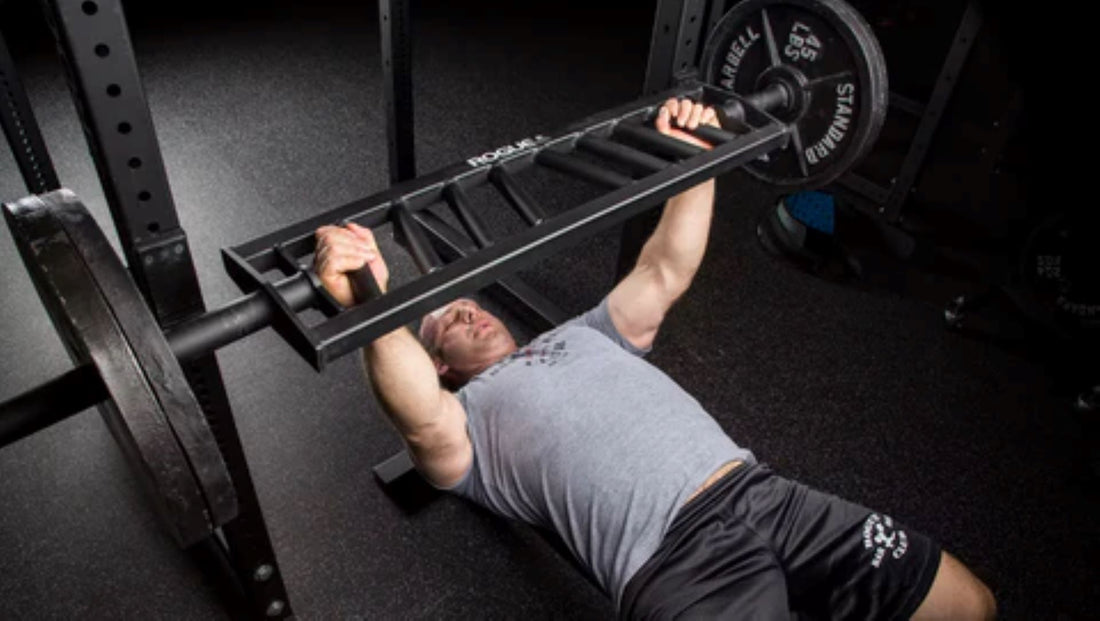
The bench press is one of the most popular exercises in any strength training regimen. But a common question often arises: "How much of your body weight should you bench?" This question is critical because it provides not only a benchmark for your fitness level but also a goal to strive for. Understanding how much you should be able to bench ensures you are on the right track towards your fitness goals, all while minimizing the risk of injury. Let's dive into the factors that determine this benchmark.
Understanding the Bench Press
The bench press is an upper-body strength training exercise that targets the pectorals, deltoids, and triceps. It is a compound movement, meaning it works multiple muscle groups simultaneously, which makes it an efficient and effective exercise for building muscle and strength.
To perform the bench press, you lie flat on a bench and press a weighted barbell from chest level upwards until your arms are fully extended, then lower it back down in a controlled manner. The amount of weight you can comfortably press without assistance is an indication of your upper body strength.
Factors Affecting Your Bench Press Capability
Several factors affect how much weight you can bench, including:
- Body weight
- Muscle mass
- Training experience
- Age and gender
Your body weight plays a significant role in determining how much you should be able to bench. Generally, individuals with more muscle mass and less body fat have a higher bench press capacity.
Bench Press Standards by Body Weight
Various organizations and fitness experts provide general standards for how much of your body weight you should be able to bench. Here is a common guideline:
| Experience Level | Body Weight (lbs) | Bench Press Weight (lbs) |
|---|---|---|
| Beginner | 150 | 110 |
| Intermediate | 150 | 150 |
| Advanced | 150 | 225 |
| Elite | 150 | 300 |
Note that these values vary based on individual factors. A more tailored approach involves understanding where you fall within these standards and adjusting your training accordingly.
Utilizing Equipment: The Smith Machine
The Smith machine is a piece of equipment that can help you improve your bench press. It features a barbell fixed within steel rails, allowing for vertical movement only. This setup can provide added safety and stability, especially for beginners or those lifting heavy weights.
Using a Smith machine can help you focus on your form and gradually increase your bench press weight without the risk of the barbell slipping or losing balance.
Setting Realistic Goals
When setting your bench press goals, it is essential to be realistic. Aim for incremental improvements rather than overnight success. Here are some tips for setting achievable goals:
- Track your progress: Keep a record of your bench press weight and reps.
- Prioritize form over weight: Ensure you are using the proper technique to avoid injury.
- Consistency is key: Regular training helps in gradual strength gains.
- Increase weight gradually: Do not rush into heavier weights; add 2.5-5 lbs incrementally.
Conclusion
Understanding how much of your body weight you should bench is crucial for setting meaningful and realistic fitness goals. By considering various factors such as body weight, training experience, and using equipment like the Smith machine, you can make steady progress. Remember, consistency and patience are the keys to improving your bench press performance. Stay committed to your training regimen, and you'll see significant gains over time.

















